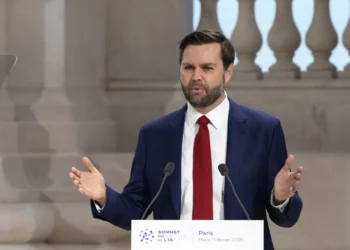In his inaugural speech, Nigeria’s new president made a spontaneous announcement that triggered uproars, with long lines at fuel pumps around the country. Bola Tinubu took his eyes off the teleprompter during his inauguration speech to say, “The fuel subsidy is gone.”
The President made reference to a decades-long subsidy that has kept fuel prices low. The 71-year-old Premier provided no timetable regarding the significant policy shift. Protests arose when President Goodluck Jonathan attempted to scrap the subsidy 11 years ago.
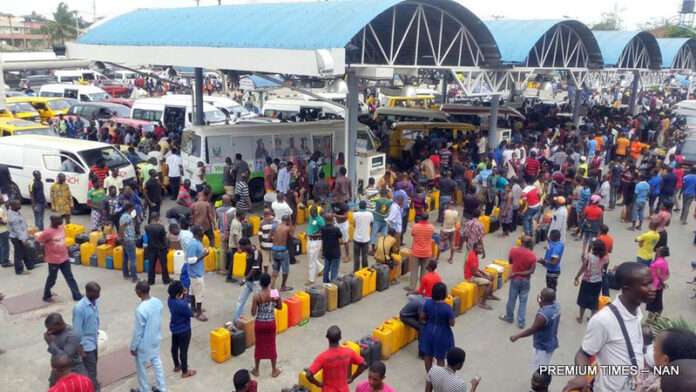
Within hours of Mr Tinubu’s address, hundreds of people flocked to the streets, either in their vehicles or on foot with yellow gallons, to get what they thought were the final drops of fuel sold at a government-fixed price.
However, only a few were fortunate; many gas stations ceased operations entirely, while others arbitrarily raised rates by over 200%, causing confusion and false shortages. When the president’s team emphasized that the subsidy would not be phased off until the final day of June, in accordance with the previous administration’s budget, it was too late to avert the panic.
By Wednesday, the state-owned oil firm had announced that the price would be raised. Transport fares have recently risen, passengers are being stuck at bus stations, and the Major Labor Union is bracing for a clash with the new administration.
“By his insensitive decision, President Tinubu brought tears and sorrow to millions of Nigerians on his inauguration day instead of hope,” Nigeria Labor Congress leader Joe Ajaero said in his remarks.
Given its oil wealth, Nigeria lacks the capacity to refine crude on its own to satisfy consumption. The four government-owned refineries have gone bankrupt, compelling the country to bring in refined petroleum products, which have been sold at a government-determined rate over the years.
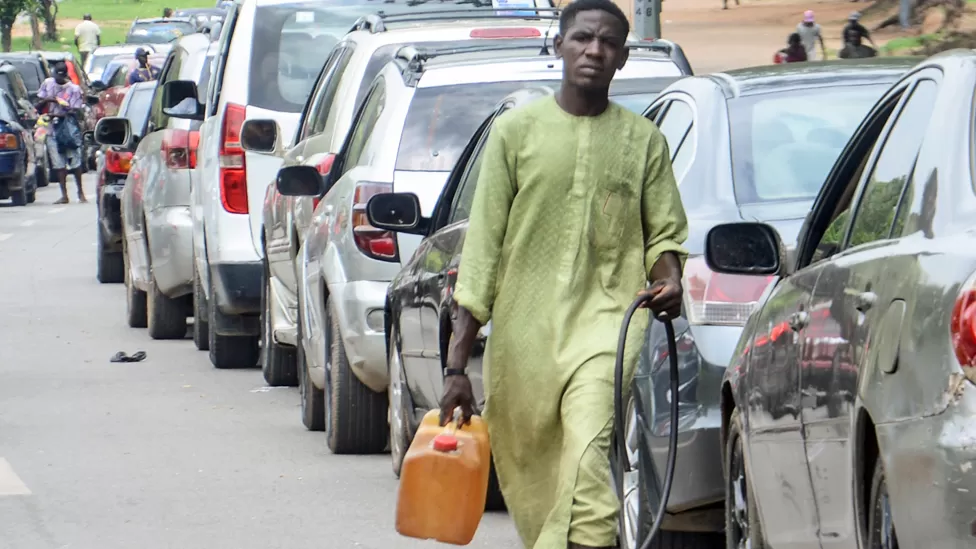
So, whereas citizens in the UK and Ghana pay £1.44 ($1.80) or 14 cedis ($1.24) for a litre of petrol in May, Nigerians paid 185 naira ($0.40), despite the fact that the three nations purchased it from the same worldwide market. This has been the case in Nigeria since the 1970s, and many people have grown up unaware of the true cost of gasoline.
However, Mr Tinubu claims that Nigeria is unable to do so, due to declining revenue. The government has already budgeted $7 billion to subsidize fuel for the first six months of this year. This equates to 15% of the annual budget, which is greater than the aggregate budgetary allocations for education (8.2%) and health (5.3%).
Subsidies are not always bad. Many governments provide them in industries that vary from agriculture to power in order to keep residents’ expenditures low.
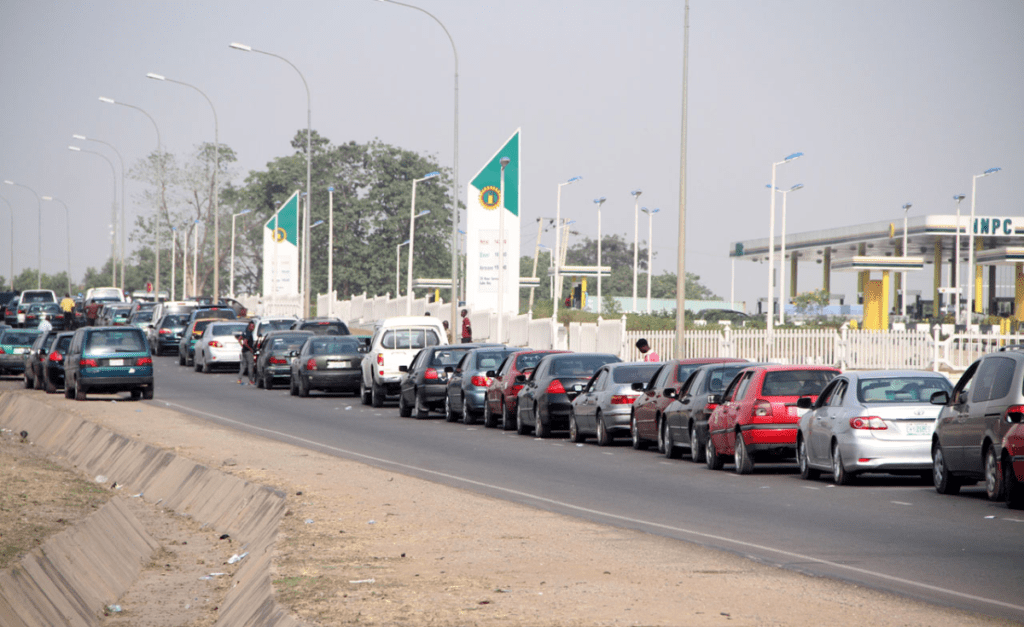
Corruption, however, has been a major source of concern to many Nigerians. Government organizations provide inconsistent numbers for the amount of fuel imported, and unscrupulous merchants have been known to reroute petroleum to neighboring nations in order to obtain higher rates.
In a harsh indictment on the strategy, the Union leader said, the administration had “thrown the people into the depths of the midnight sea.”
However, there have been a growing consensus that, the subsidies should be eliminated in order to free up funds for important public services such as transportation, health care, and education. Analysts predict that petrol prices would range between 250 and 350 naira following the present turmoil.
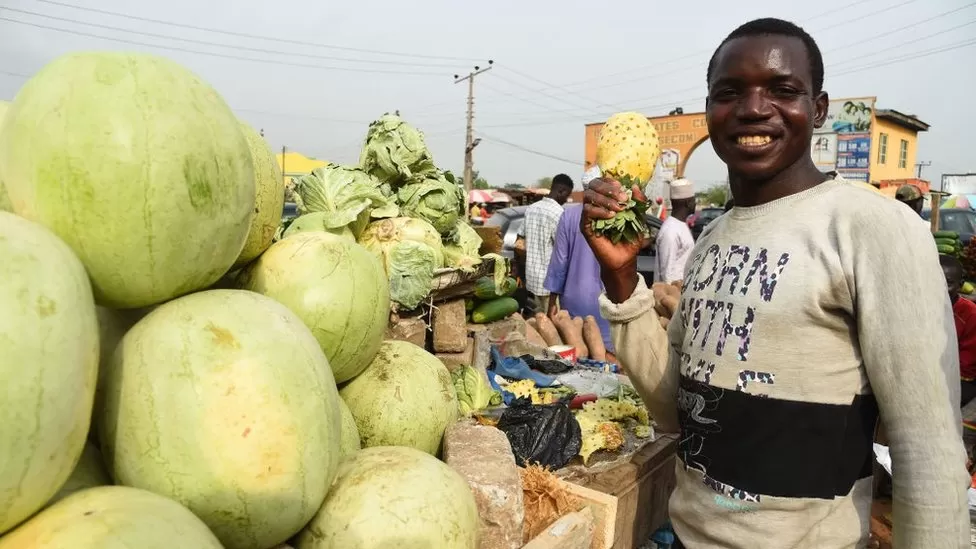
The rise may not appear to be significant, but it would probably have profound effects in an economy, where one in three individuals is jobless, inflation is at an all-time high of 22%, and 96 million people live beneath the poverty line of $1.90 per day.
The situation has worsened by the fact that, the economy relies on hundreds of fuel-guzzling generators to power enterprises ranging from barbershops to office towers, due to a scarcity of energy.
Nigerians currently pay more than 60% of their earnings on food and transportation. With the minimum wage remaining at $64 per month, many people are concerned that they may become even poorer.




